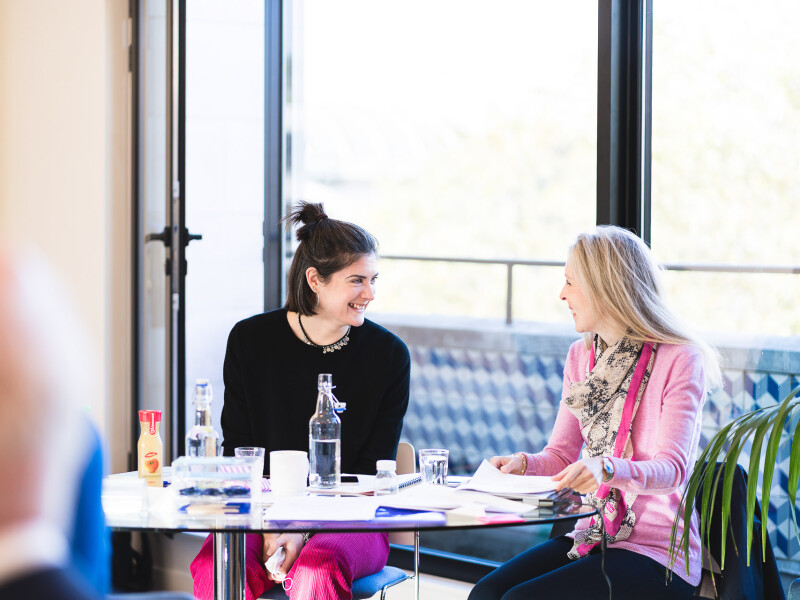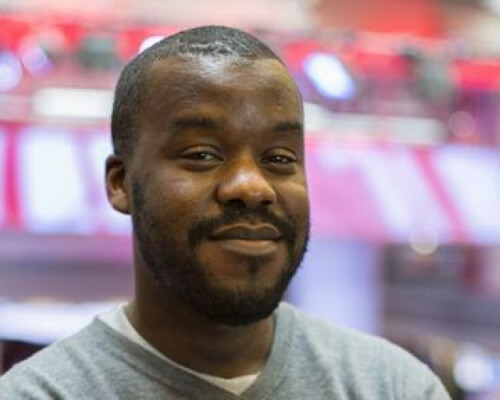Summary
With structured support from one of our accredited coaches, the Inclusive Leadership 360° provides leaders with detailed insights into how others experience their leadership. Through this feedback, leaders can further develop self-awareness, address personal biases, and foster inclusive cultures within their organisations.
Background
Research shows that inclusive leadership can enhance team performance and decision-making. However, many leaders are unsure if they are taking the right steps.
School for CEOs’ Inclusive Leadership 360° takes a unique approach to traditional 360° feedback, through the lens of inclusion. The process is designed to help leaders identify their personal development needs through an initial diagnostic and follow-up coaching. Through these insights, they can enhance their leadership with long-term benefits.
To contextualise goals, and outcomes and develop a mutual understanding between coach and client. Coaching objectives are also discussed with a sponsor when available. The Inclusive Leadership 360° based on our proprietary ABC model for inclusive leadership. These provide insights into the client’s leadership. The outputs of the Inclusive Leadership 360° are presented in a detailed report to inform a focused agenda converted into SMART objectives. During this 1:1 session, the coach and client will explore, strengths and potential barriers related to the ABC model. Client and coach typically meet once every 4-5 weeks for 1½-2 hours at a time to discuss the coaching agenda. Normally, the coach and client would contract for 2 follow-up meetings.Inclusive Leadership 360°
1. Initial Briefing
2. Diagnostic
3. Agenda Setting
4. Focussed Development
The Model
Based on the School for CEOs’ proprietary ABC Model, this feedback tool represents three core elements that underpin Inclusive Leadership: Accountability, Behaviour and Curiosity:
Accountability
Inclusive leaders are open to feedback if their behaviours are not inclusive. They are also prepared to hold others to account to foster inclusive cultures. These leaders have humility, recognising that they will make mistakes and are willing to accept and learn from them.
Behaviour
Leaders set a powerful example by knowing and adopting behaviours that enable others to feel respected, valued, and supported to succeed at work. Leader role modelling is an essential characteristic to foster a culture of inclusion. Inclusive leaders are comfortable with conflict and respectful of alternative views.
Curiosity
Curious leaders are more aware of their personal biases, and how these impact their behaviour. They are self-aware and curious, being motivated to better understand people, cultures, and themselves. These leaders adjust their behaviour to their environment and have a growth mindset driven by their curiosity.
Participant Profile
The Inclusive Leadership 360° can be applied in a broad range of organisations. Typical participants are Executive Teams or senior leaders in an organisation.
Start a Conversation
Or do you need help to select the best programme that suits your goal?
Email: info@schoolforceos.com




